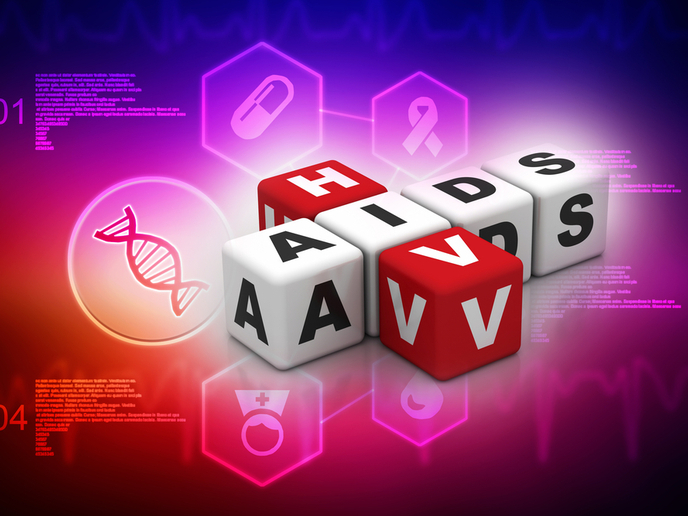Could some health traits be inherited epigenetically?
“Animal experiments indicate that alongside genetics, exposure to stressors can change future generations through alterations in sex cells,” says Olli Raitakari, coordinator of the MULTIEPIGEN(opens in new window) project, which was funded by the European Research Council(opens in new window). Raitakari cites tobacco smoking, diet, pollution and stress as potentially having intergenerational health effects. Such exposures can turn genes off and on, without changing DNA sequences, meaning that traits and diseases could be affected by parental (even grandparental) environments. For example, exposure can change sperm RNA – molecules that modulate gene expression – which then ‘programme’ offspring traits, such as metabolic health. Alongside potentially harmful effects, epigenetic inheritance could also confer adaptive benefits. Unable to conduct the kind of experiments that have been done with animals, in humans, MULTIEPIGEN combined detailed longitudinal data, with data specific to the epigenetic inheritance hypothesis. “Our study helps explain epigenetic inheritance in a contemporary population, correlating exposures at different life stages with the epigenetic profile of sperm. To our knowledge, no other studies have detailed information, including germline epigenetics, from a multigenerational sample this large,” says Raitakari from the University of Turku(opens in new window), the project host.
Unique dataset to tackle the epigenetic inheritance hypothesis
Inspired by the sparse evidence of a germline-driven(opens in new window) (through eggs or sperm) process of intergenerational inheritance in humans, MULTIEPIGEN focused on sperm epigenetic markers. The aim was specifically to understand how different aspects of exposome (collective exposures during a lifetime) affect these markers, and impact on offspring health. “While evidence is mounting about how certain exposures impact male germ cells, with some for how these influence offspring traits, the entire germ cell epigenome phenomenon from paternal exposures to offspring health had not been investigated thoroughly in a single dataset,” adds project researcher Noora Kartiosuo. The MULTIEPIGEN project used the Cardiovascular Risk in the Young Finns Study(opens in new window) (YFS), a longitudinal cohort study started in 1980 with participants aged 3 to 18 years. A total of 2 127 out of the original 3 596 participants participated, with MULTIEPIGEN collecting data from 2 425 parents and 2 762 offspring, of the original YFS cohort. The team was interested in paternal exposure to a range of environmental chemicals, smoking, adiposity (high body fat) and stress – concentrating on paternal exposure during puberty and around offspring conception. To assess health across three generations, the team used anthropometrics, cognitive function assessments, carotid and liver ultrasounds, mental health questionnaires and blood and serum samples.
Preliminary findings
While analysis is ongoing, the team have some preliminary findings. Analysis broadly backs up previous findings about the impact of paternal smoking and paternal youth adiposity around conception, on offspring’s cardio-metabolic, cognitive function and mental health. Specific to the germline focus, as Kartiosuo explains: “Our data aligns with animal study findings. Firstly, that certain groups of sperm RNA molecules are most ’reactive’ to external stressors. Secondly, that the groups of RNAs hypothesised to carry intergenerational information, are also those most frequently linked to offspring health in our human data.”
Wide-ranging health implications of epigenetic inheritance
Uncovering how damaging exposures can run through subsequent generations, will likely prompt a rethink of some health-related regulations, for instance around exposure to so-called forever chemicals(opens in new window). Similarly, findings regarding the impact of fathers’ health habits, such as weight and stress management, could prompt stronger intervention strategies in young males. To explore the contemporary exposome’s impact on sperm, the team’s next goal is to characterise the sperm epigenome of healthy young fertile males around the time they conceive, then monitor the offspring. “While this would be a decades-long undertaking, it would already be generating key health insights early on,” adds Raitakari.







